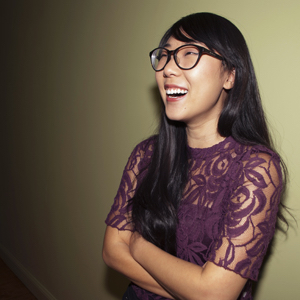Description: Casey Modderno wrote and directed “Disgrace,” a short film about a dysfunctional family forced to deal with a young boy’s sexual perversion.
You were in the New Haven punk scene prior to college — what’s a memorable experience from that time?
I went on a few tours, early in high school. That was my first exposure to all of the US, Americana and stuff. We would stay on people’s couches and meet interesting characters and learn about what was happening in all these cities along the East Coast. It was really broadening.
I remember playing a house show in Atlanta. I was probably 14. And a circle jerk broke out in the middle of the show. A couple started having sex during the concert and these guys started masturbating and it turned into— it wasn’t significant or weird, people were still just listening to the music. So, I remember at the age of 14, I thought “This is what adults do. This is just how adults behave. Or how cool, punk adults do.” We played with a lot of bands. I think this one band was made up of mostly substitute teachers– were their day jobs— and they would just get on stage with strap-on dildos and suck each other off. It was this really—it was everything, a lot of energy, it was about politics, and sexuality, and violence. But it was all very comfortable actually so I think that kind of normalized sex for me. Made me feel generally positive about sex, not like it was some uncomfortable thing, or something to be avoided.
What movie changed how you thought or felt about things?
I fell in love with “The Lion King” and watched it over and over. I remember there’s that scene in it when the cub grows up just by walking over this log, and was made into his older self. And I think that was the first time of my becoming aware of a film technique, or something happening in a film. I was amazed that there was this medium that could show you the passage of time just like that, with the snap of a finger.

